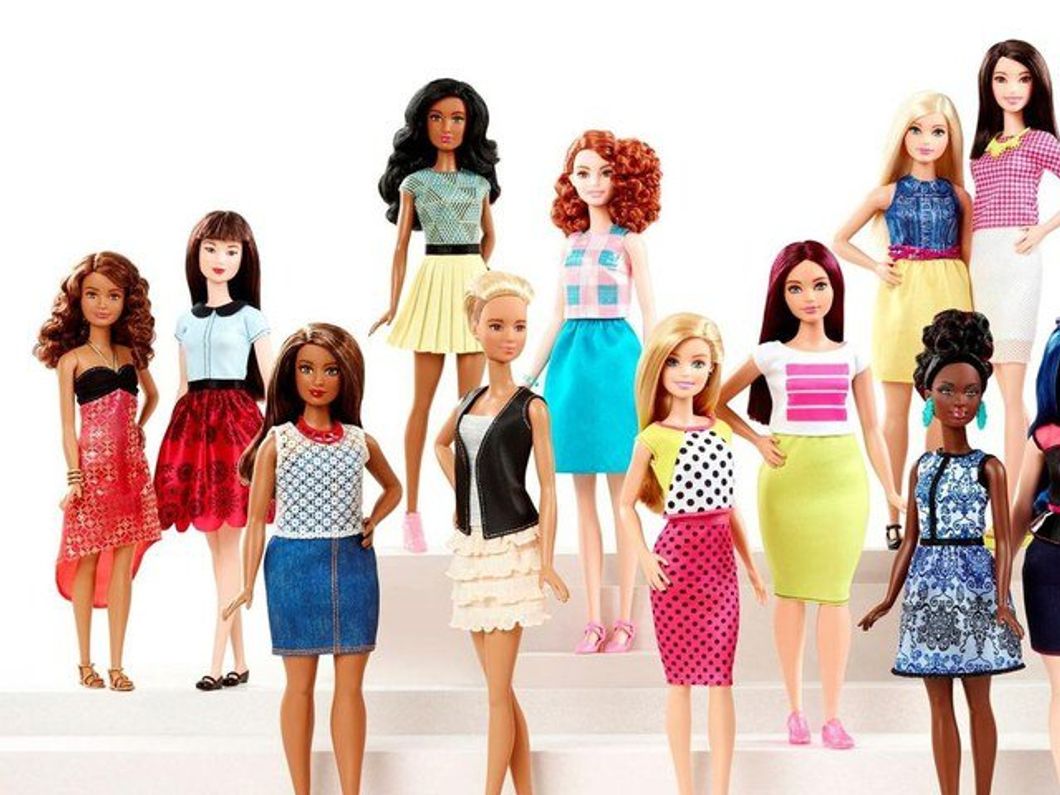Juul is the top-selling e-cigarette brand in the United States. Yes, that little thing you see sticking out of the bags of 20-somethings that looks like a USB? Actually still poison for your lungs, disguised as "better than" the old school cigarettes of our parents' day.
While Juul's main marketing ploy is that it's not as bad for you as traditional cigarettes, the FDA finally called them on their crap with a clear statement that no research backs up their claim.
Now, Juul is facing the consequences of their actions and are no longer allowed to spit blatant lies into people's ears. Are we thrilled that they've been whipped into shape! Yes! Are we thrilled that they are still widely used and blemishing the health of young people everywhere? No!
The generations that make up Juul's target demographic — millennials and Gen Z — are highly-educated human beings. The most educated individuals in United State's history, actually. Individuals within these generations are progressively minded, plugged-in, socially aware, and consume information quicker than previous generations simply because of the world they've grown up in.
This group of individuals is also able to be swayed by what they consume — so much so that their intelligence, forward-thinking, and general awareness are all tossed to the side when a "cool" new trend like Juul comes about.
As a friend of mine recently stated, "It's $50 for a starter pack, with free shipping! And it looks cool."
A study found that only 63% of Juul users do not know that the device contains nicotine. A large percentage of people who blindly accept a statement as truth without lifting a finger to actually see if it holds up.
Millennials and Gen Z have thrown aside their education, critical thinking, and general wit when it comes to new trends. While sucking on a USB plug may be all the rage, that doesn't mean the harmful effects disappear into thin air. A simple Google search will quickly inform you that one Juul pod has 20 times the amount of nicotine as a cigarette, Juuling has shown to increase an individual's likelihood of smoking traditional tobacco products, and it follows suit with traditional cigarettes in harming the brain — statistics show this harms those under the age of 25 even more, since the brain doesn't stop growing until the mid-20s.
Addiction killed one of our musical icons only a year ago, but Juul sales have only increased.
Mental health is a cause our generations advocate for, yet we're sitting and watching a growing percentage of our peers use this device that statistically leads to addiction, brain damage, and general health concerns.
The problem we're seeing? Young people are allowing a trend to overwhelm all the things they've claimed to care about. We can't give our parents' generation a hard time for cigarettes just because our nicotine intake has a sleeker appearance.
We are better than this. We are smarter than this. We can Google search like champs.
Juuls aside, young people have got to prioritize thinking for themselves instead of consuming everything they hear as truth. In a world where media has the potential to lie to you however which way it chooses, doing a little research for yourself not only makes sure you get the truth, but that you are able to make a wise, educated decision on the matter at hand. If we continue to blindly listen to what everyone tells us, we'll only be wasting all those good statistics we've worked so hard to gain. We won't be taking steps forward, we will be at the mercy of the next harmful marketing campaign that we choose to accept as truth.









 Photo by
Photo by 









































